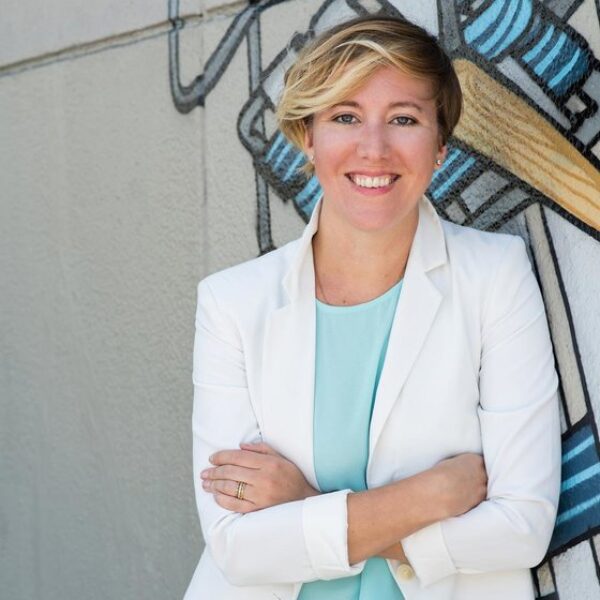Meghaan Lurtz, Ph.D., Senior Research Associate at Kitces.com, Lecturer for Columbia University, Professor of Practice at Kansas State University, Assistant Professor at the University of Maryland University College, Member of the Board and International Expertise Counsel at the Financial Psychology Institute Europe, and Founding Strategic Advisor at Couplr, joins Matt on today’s episode of Bridging the Gap to dive into the fascinating world of behavioral economics and financial psychology.
Meghaan walks listeners through her academic background, from her pursuit of multiple undergraduate degrees to her specialization in financial psychology, and how it all intersects in the world of financial planning.
Meghaan discusses the role of AI in medical applications, the importance of human connection in financial planning, and the power of asking the right questions to improve communication and relationships. Meghaan also delves into how behavioral economics can revolutionize the way we approach financial decision-making for our firms and our clients.
Meghaan Lurtz Bio:
Meghaan Lurtz, Ph.D., FBS™ is a Professor of Practice at Kansas State University where she teaches courses for the Advanced Financial Planning Certificate Program, a lecturer at Columbia University where she teaches Financial Psychology, and an on-staff writer and researcher of financial psychology at http://Kitces.com .
Her research interests vary as she studies both practitioners of financial planning as well as financial planning and financial therapy practices and interventions. Her research and expertise have been featured in Journal of Financial Planning, Journal of Consumer Affairs, Financial Planning Review, Wall Street Journal, BBC, Million Dollar Roundtable, and New York Magazine. She has also contributed chapters to the CFP Board’s textbook, Client Psychology. Meghaan is a past President and current board member for the Financial Therapy Association and Financial Psychology Institute Europe.
Timestamps From This Episode
[00:00:00] Meghaan Lurtz shares a few skills improve communication and connection.
[00:03:44] Meghaan Lurtz talks about her degrees in philosophy, psychology, and Spanish; that she worked with Total Rebalance Expert; she pursued her Master’s in Financial Psychology; and is now in a PhD program.
[00:09:02] Meghaan Lurtz talks through how behavioral economics research has roots in the 70s and 80s. It explores why people don’t always act rationally and addresses biased thinking. The field has practical applications, such as interventions to counteract overconfidence bias. Financial planning requires practice and effective communication.
[00:17:58] Meghaan Lurtz shares how psychology is a crucial part of financial planning.
[00:19:56] Meghaan Lurtz discusses how questions improve financial planning and communication skills.
[00:23:12] Meghaan Lurtz talks through how AI aids medical diagnoses but human interaction is valued, and that financial data mining raises trust issues. She shares how AI can assist therapy but lacks sufficient information, and how human connection is crucial amid AI advancements.
[00:30:28] Meghaan Lurtz discusses advancements in golf technology, but shares how players still need human support in high-stakes situations. She talks through the importance of asking thoughtful questions in research.
[00:32:18] Meghaan Lurtz shares how no perfect data set, and that all answers have errors.
[00:39:46] Meghaan Lurtz talks through increasing our emotional vocabulary and asking follow-up questions.
[00:47:35] Meghaan Lurtz shares a favorite book about change with actionable tips for improvement.
[00:50:52] Meghaan Lurtz talks through how asking follow up questions changes the game.
More Content For Financial Advisors and Wealth Management Firms
Subscribe, rate, and review Bridging The Gap here.
About the Show
Bridging the Gap is a financial podcast hosted by CEO Matt Reiner focused on bringing together leaders from the finance and the technology industries to focus on innovating the financial services industry.



